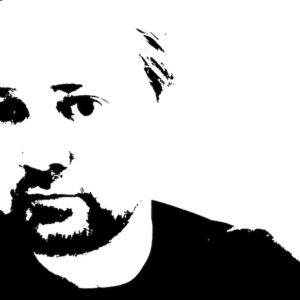Humans have an intuitive sense for who is important and well-connected. We like knowing “movers and shakers,” and we regularly engage in complicated social machinations — conscious or otherwise — to position ourselves close to the seat of influence.
But what about the formal study of the spread of information through human networks? Matthew O. Jackson is a professor of economics at Stanford, and his book “The Human Network” is a fantastic primer on the complex dynamics of human relationships. He’s also done fascinating work on the spread of microfinance in southern India with Arun Chandrasekhar and Nobel Laureates Abhijit Bahnerjee and Esther Duflo.
In this podcast, we discuss the spread of microfinance in villages in rural India — as well as some unintended consequences that came as a result of disrupting the social structures of these villages. And, as sometimes happens, we also had a brief detour to discuss Frank Herbert’s “Dune.”
Check out the full conversation with Matthew below.
Listen Here
- iTunes
- YouTube
- Overcast
- Google Play
- If you’re enjoying the show, why not a leave a review? It makes a difference in terms of other people finding the show.
Learn more from Matthew here:
- Papers Discussed: The Diffusion of Microfinance | Changes in Social Network Structure in Response to Exposure to Formal Credit Markets
- Website: Stanford Homepage
- Books: The Human Network | Social and Economic Networks
- Twitter: @jacksonmmatt
- Coursera: Instructor Page
Show Notes:
- [02:08] “It’s not what you know, it’s who you know.”
- [05:56] The spread of microfinance in southern India provides a natural experiment for tracking the flow of information through social networks — and the consequences of altering the social graph in communities.
- [20:17] How did companies try to spread loans in India? What types of people best spread information about microfinance in their communities?
- [26:30] Information spread “decays” the further out in the network it gets. What causes this?
- [38:00] A quick detour into Dune and Lord of the Rings
- [42:26] The consequences of microfinance on the social networks in villages — and externalities on those who already have week social ties
- [55:40] Does disrupting the social networks of rural villages cause any positive externalities like less caste segregation?
- [01:00:17] Using “policy cocktails” to help counteract the unintended consequences of interventions.
- [01:10:00] How to learn more from Matthew, follow his research, and purchase his books.




